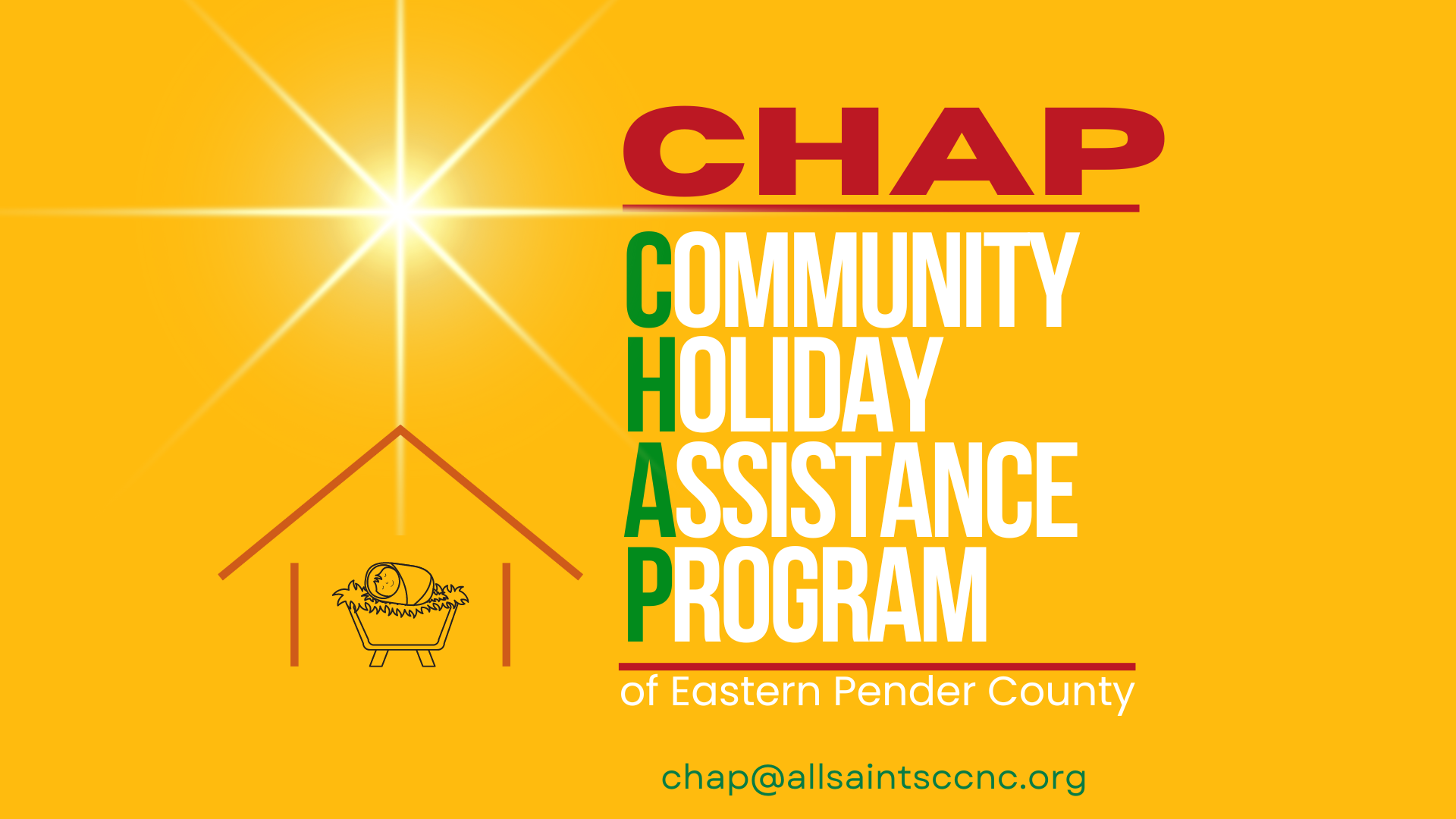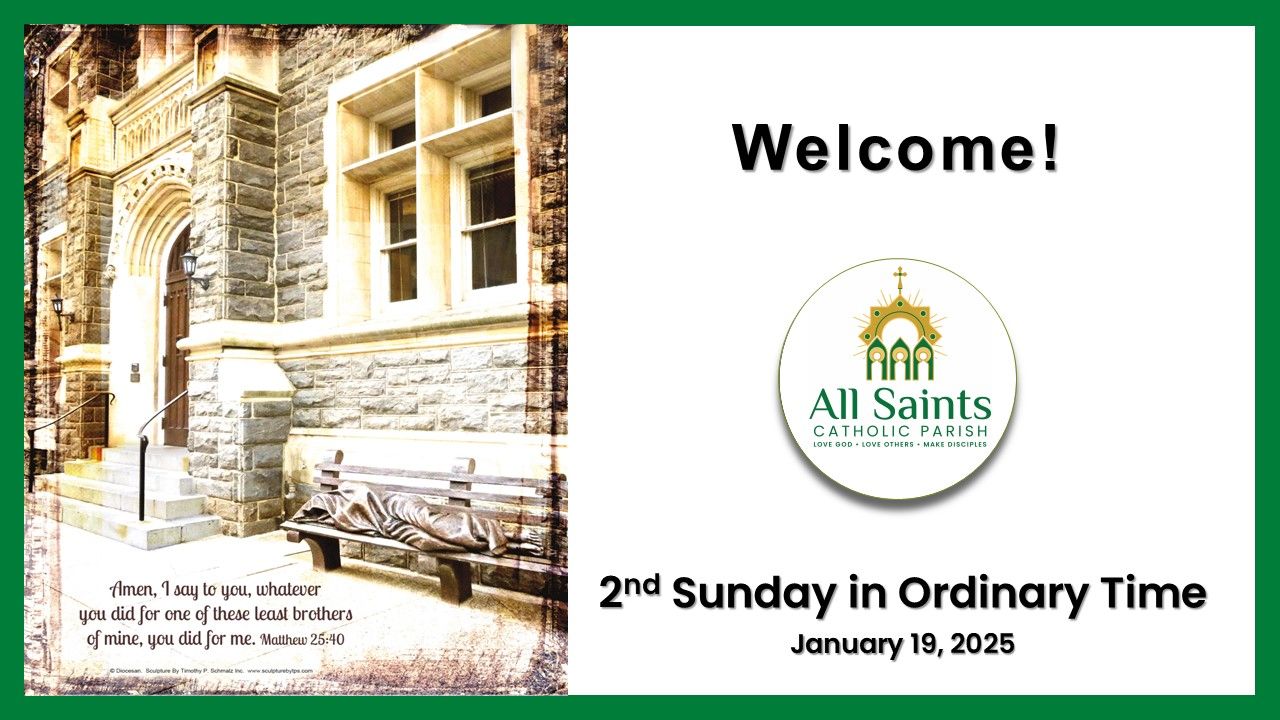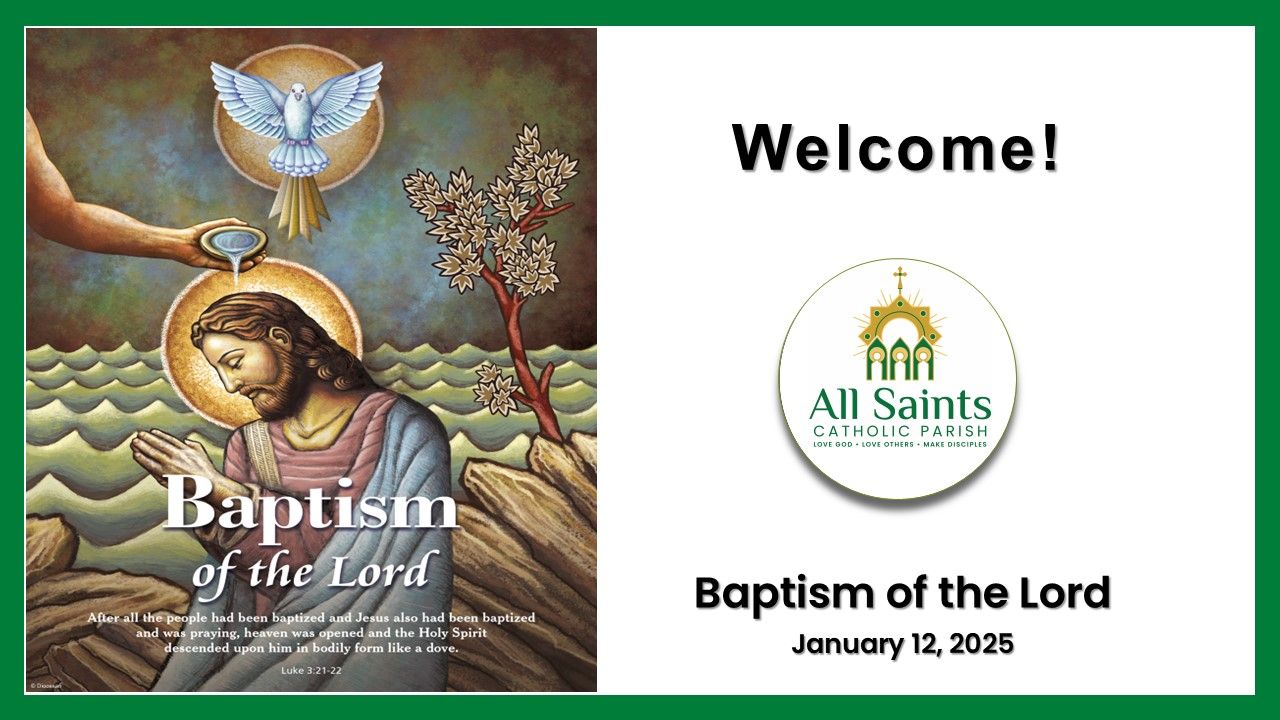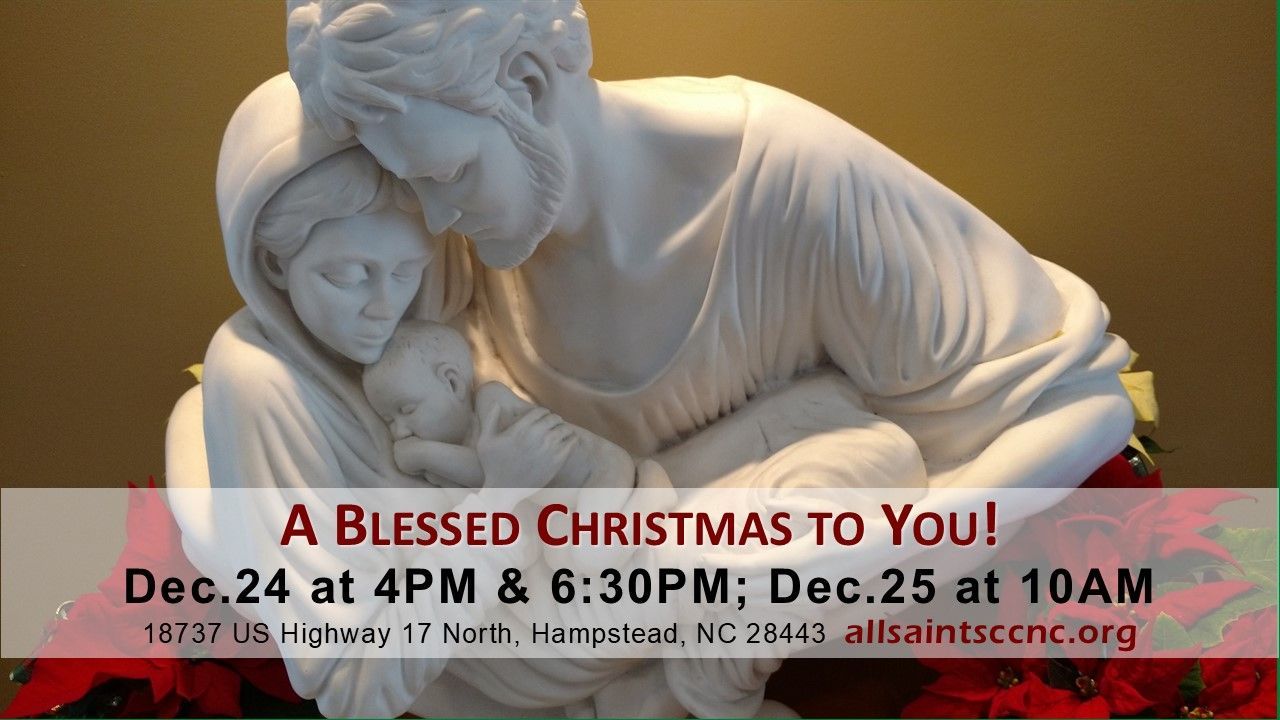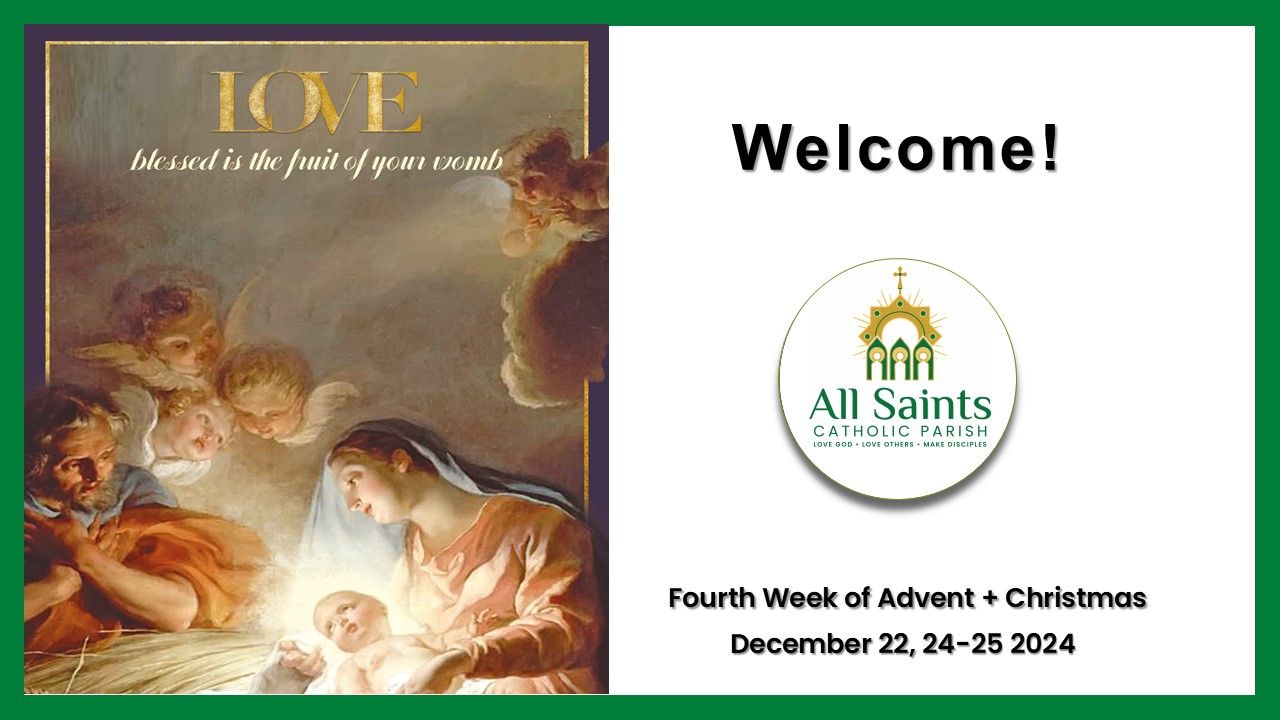Homily - 17th Sunday in Ordinary Time
Homily - 17th Sunday in Ordinary Time

Readings: 2 Kgs 4:42-44; Eph 4:1-6; John 6:1-15
This Sunday and for the next four Sundays, we interrupt St Mark’s Gospel to read Chapter six of St John’s Gospel. This chapter contains Jesus’ momentous teaching about Himself as the Bread of Life.
Today’s first reading recounts a miracle of feeding wrought through the intercession of Elisha the prophet. It looks forward to the day when Jesus, the Prophet of Prophets would multiply bread in anticipation of his changing bread into his own Body and Blood to feed us on our pilgrimage to eternal life as one people united with him. The Gospel recounts the miracle that triggers Jesus’ great discourse. All four Gospels retell the story of the multiplication of the loaves and fish with slight variations. It contains elements that apply to every dimension of spiritual life, and we can examine them through three details.
The first detail is found in the contrast between two apostles, Philip and Andrew. Philip is overwhelmed by the size of the crowd. He imagines that nothing can be done to feed so many people. Andrew meanwhile points to the few loaves and fish a boy in the crowd had and presents them to Jesus. Like Philip, we can be intimidated by the size of the challenges that face us or face the Church. We can easily say the world is too complex, too secular or too closed to the message of the Gospel and give up in despair. However, like Andrew, we can give the Lord what we have and let the Lord work His miracle. We need only to offer to God in faith what we do have, what we can, his grace and power will multiply that.
A second detail is found in the ‘barley’ loaves Jesus uses to feed so many people. St John alone mentions, twice, that the loaves were made of barley, the bread of poor people. A great deal of money can be spent on programs of evangelization and spiritual growth, but the amount of money spent cannot replace the power of personal witness, honest conversation, and a prayerful heart. These cannot be purchased. They cannot be programmed and cannot be ordered from a company or online. Christ did not need specialty bread but simple barley loaves to create this abundant miracle. True evangelization occurs through the honest witness of our individual lives. As evidenced by the research, there are so many people on the peripheries: those disengaged from the Church, those who are in poverty and struggling, those with disabilities, those who are hurt, angry, and uncertain. An evangelizing community must get involved by word and deed in people’s daily lives. And as Pope Francis reminds us in EG #8; “If we have received the love which restores meaning to our lives, how can we fail to share that love with others”
A last detail is found in Jesus’ instruction is the gathering of the fragments. What is not used today may be used tomorrow. What we give to the Lord is never wasted but is gathered into God’s plan. God wastes nothing. He uses anything and everything to bring about an abundance. Even when our efforts to reach others seem in vain, we never know when those seemingly unused fragments will provide nourishment to another’s growth. This miracle is not only about what Jesus gives us but also about what we give back to Jesus and the mission of the Church.
Just imagine for a moment, if you are the unnamed boy in the crowd in today’s Gospel, with five seemingly insignificant loaves and two scrawny fish. What do people expect from you? If Jesus knew what he was going to do, why did Jesus ask Philip; “Where can we buy enough food for them to eat?”
Dear friends, the deepest desire of the human heart is neither for food and drink, nor is it comfort or power – although these are necessary and are not to be neglected. All these fade away but love remains. And God pours out his love for us in the Eucharist, through our Holy Communion at Mass we enter into one holy communion with the Blessed Trinity. But this is not a personal gift for us to treasure alone: it is a gift to be shared, we become like those few bread and loaves, broken for others. May we share the love and joy of God that we receive from Christ. These spiritual goods, as St Thomas Aquinas reminds us, are inexhaustible unlike temporal goods which are perishable and limited in quantity.
